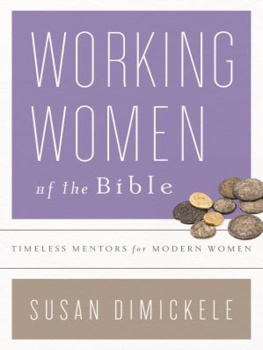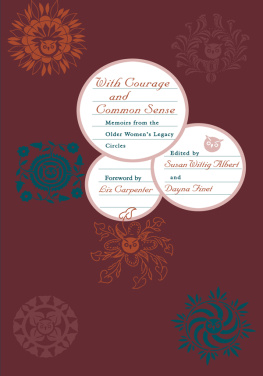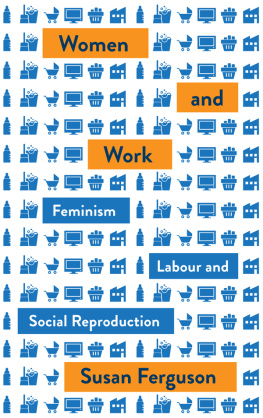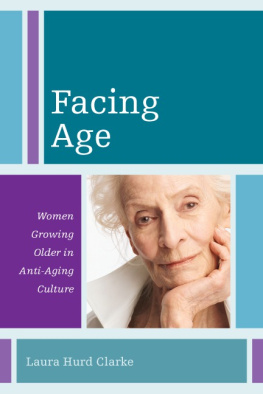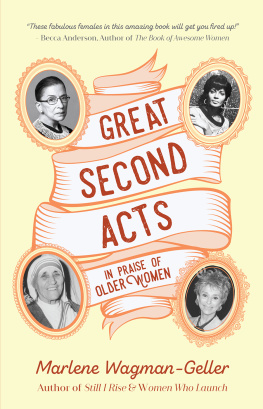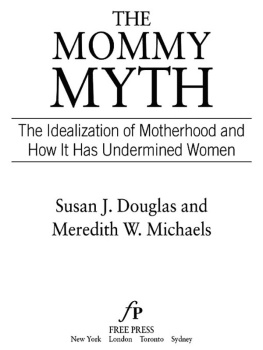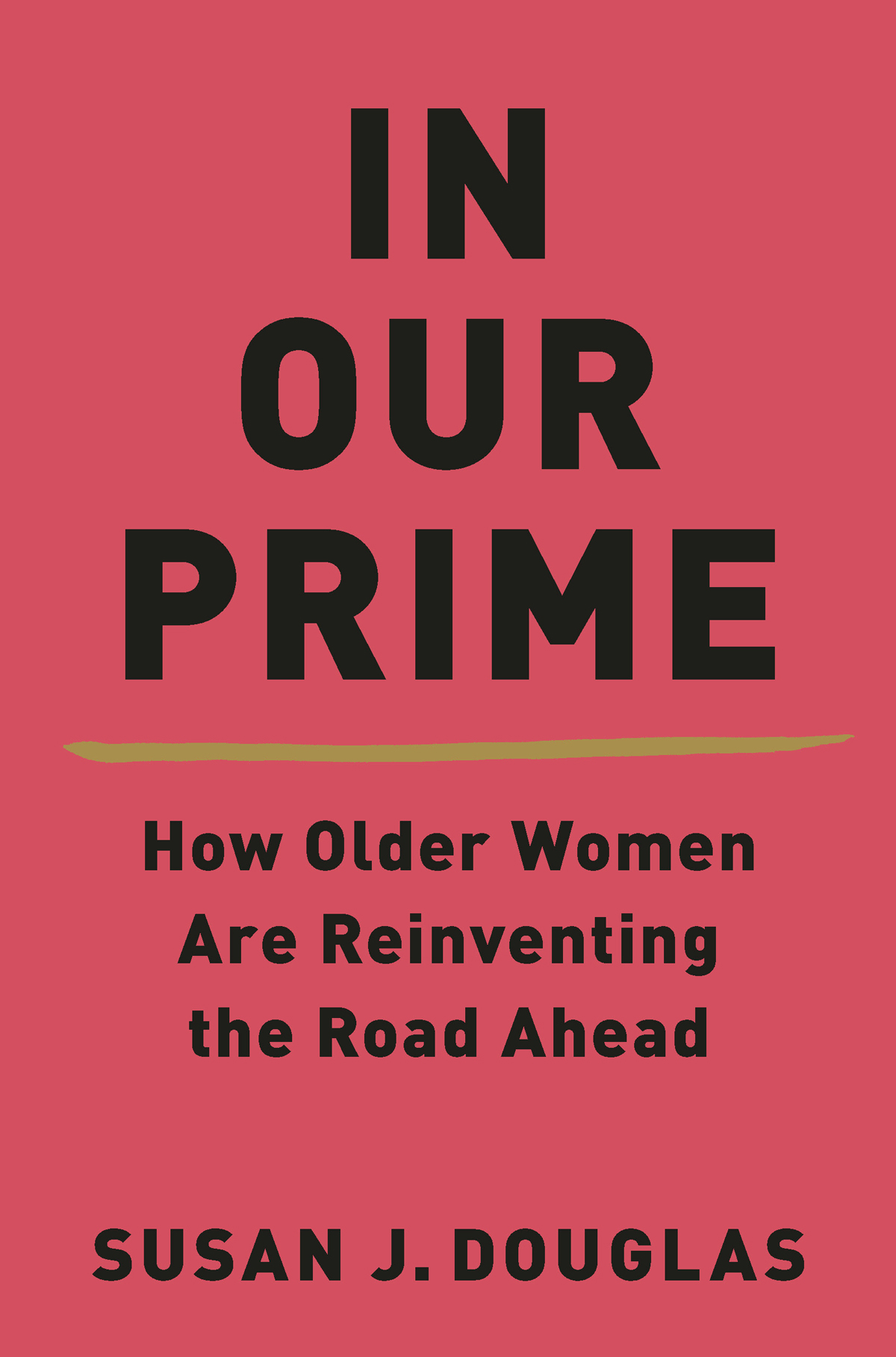Contents
Guide
Page List
FURTHER PRAISE FOR IN OUR PRIME
In Our Prime is a highly evocativeand necessarywork that exposes the invasive roots of ageism in todays world. A call to action for wise women of all ages, it demands that no woman be viewed as an irrelevant has-been. With unassailable documentation, Susan J. Douglas invites women into an honest, stark review of historical and current issues that affect every females optimal well-being. Douglas illuminates the need for todays women to intensify their engagement in creating standards that rise above sexism and ageism.
Carla Marie Manly, PhD, author of Aging Joyfully
Susan J. Douglass fierce, funny, engaging book sent me off to Google Maggie Kuhn, the over-fifty warrior who challenged negative ideas about older women at the dawn of second-wave feminism. Douglas thinks older women are due to rise up againarm in arm with sisters across the generational divideand I am ready to storm the barricades with them. I was alarmed by Douglass startling-yet-nonhyperbolic depictions of gendered ageismas well as real threats to Medicare and Social Security. In Our Prime is not just for older womenor exclusively for women. In droll, lively, exhaustively documented prose, it exposes the threat that market fundamentalism poses to people across the economic spectrum.
M. G. Lord, author of The Accidental Feminist and Forever Barbie
Susan J. Douglass hilarious and deeply intelligent book chronicles how older women are rejecting sexist ageism. Required reading for those of us who are fifty or olderand everyone who (with any luck) someday will be. An informative and sharp call to arms, In Our Prime just may help bring the revolution we all need.
Liza Featherstone, advice columnist, the Nation
ALSO BY SUSAN J. DOUGLAS
Celebrity: A History of Fame (with Andrea McDonnell)
The Rise of Enlightened Sexism: How Pop Culture Took Us from Girl Power to Girls Gone Wild
The Mommy Myth: The Idealization of Motherhood and How It Has Undermined Women (with Meredith Michaels)
Listening In: Radio and the American Imagination
Where the Girls Are: Growing Up Female with the Mass Media
Inventing American Broadcasting, 18991922
IN
OUR
PRIME

How Older Women
Are Reinventing
the Road Ahead
SUSAN J. DOUGLAS
For Lynette Anderson, Margaret Bartiromo, and Jeffrey Golden
BFFs since childhood, and, yes, forever
One of the really important things, I think, is that women have found their voices.
GLENDA JACKSON, 2018
This is one time when older women and younger people are going to make a difference.
CHER, 2018
Revolution is not a one-time event.
AUDRE LORDE, 1984
I got fury in my soul, furys gonna take me to the glory goal...
Save the people, save the children, save the country now.
LAURA NYRO, 1969
CONTENTS
IN
OUR
PRIME

I AM A BABY BOOMER, and thus a woman, as we would say politely, of a certain age. And as I blink my eyes and wonder (as so many of us do these days) How did I get here? I am feeling once-settled tectonic plates rumbling beneath our feet, changing what it means to be an older woman in America. They are especially shifting about what older women want and how we see ourselves. While not yet widely noticedgiven everything else on our nations overcrowded and hyperventilating screensit is an impending, and major, upheaval in our cultural terrain.
On the one hand, our culture seems intent on trying to rope women of my vintage off into a honey-hued, quiet, quilted preserve, where we are as relevant (and as stimulating) as pet rocks. All too many drug ads on television, for example, suggest that we are supposed to go plant peonies and play peekaboo with our grandchildren (unless youre as beautiful and famous as Helen Mirren or Susan Sarandon and can be commissioned to be the face of a skin cream company). Were also supposed to keep quiet about and ignore the muscular efforts by the mostly white-haired men our ageor olderto reverse so many of the gains women of our generation achieved.
On the other hand, the ropes are giving way, because the numbers are adding up: there are more women over the age of fifty than ever before in our country. And millions of us are not pottering in the garden or inclined to say OK, whatever to the trashing of our legacy, the mowing down of womens rights, the marginalizing of our generation, what we have accomplished, and who we are. So I see this as a major turnstile moment in our culture, and our history.
Look around: women over fifty and well beyond are everywhereworking, shopping, traveling, going to concerts, yoga studios, restaurants and bars, and, importantly, working to get more women elected to public office as well as serving in public office themselves. Many feel they are in their prime. In the 2018 New York City marathon, eighty-eight people over the age of seventy-five competed, including seventy women in their seventies and eighties. The number of older women today doing jobs that in 1970 were reserved primarilyor onlyfor men is unprecedented, and our accomplishments have given many of us self-assurance, even power, and, for some, money. Some are working beyond the traditional age of retirement because we want to, others because we have to. Yet, still, all too many businesses, political leaders, and certainly the media have put their blinders on when it comes to us. They do so because older women are supposed to be, for the most partand even more so than younger womenquiet, docile, and invisible.
Even feminism, which would not have happened in the 1970s without so many of us and which is enjoying a much-needed, at times even fiery resurgence, is cast in the media primarily as a young womans game, with its high-profile embrace by Beyonc, Lena Dunham, Emma Watson, and other celebrities, and with the explosion of the #MeToo movement across our nation in 2017. The battle over Brett Kavanaughs 2018 Supreme Court nomination provoked womens open-wounded fury over so many male Republicans dismissive attitudes toward sexual assault, in particular, and women in general. Like a sensational discovery of intact Mastodon bones, many girls and women of all ages are seeing, starkly, how sexism and patriarchy still structure our society, our politics, and our culture at their very coreand this nearly fifty years after the womens movement. Feminist writers like Rebecca Traister and Brittney Cooper have written and spoken passionately about the current, pressing need for womens rage. And in the 2018 midterms, a record 117 women were elected to Congressthe vast majority of them in opposition to the throwback politics of misogyny.


